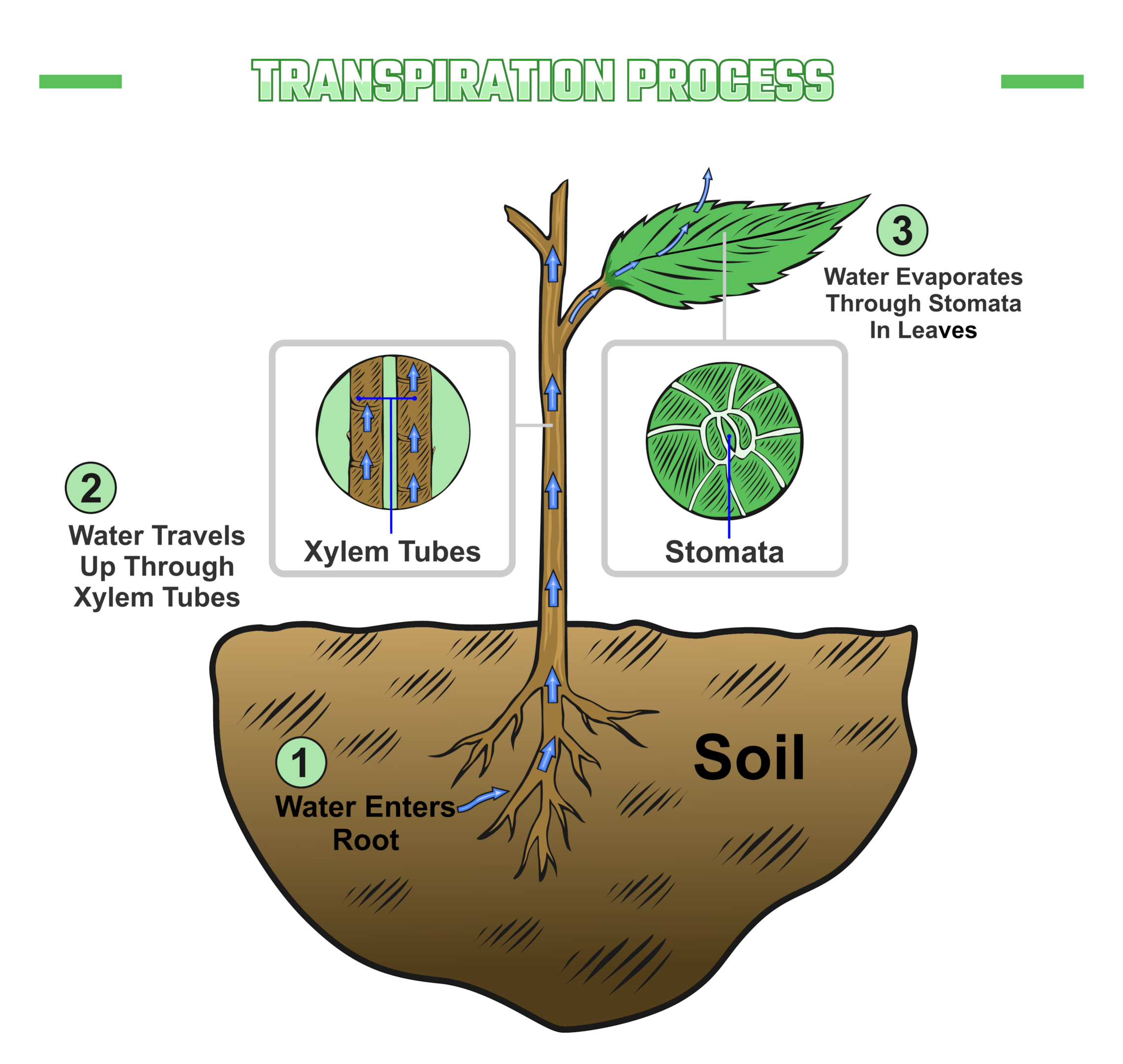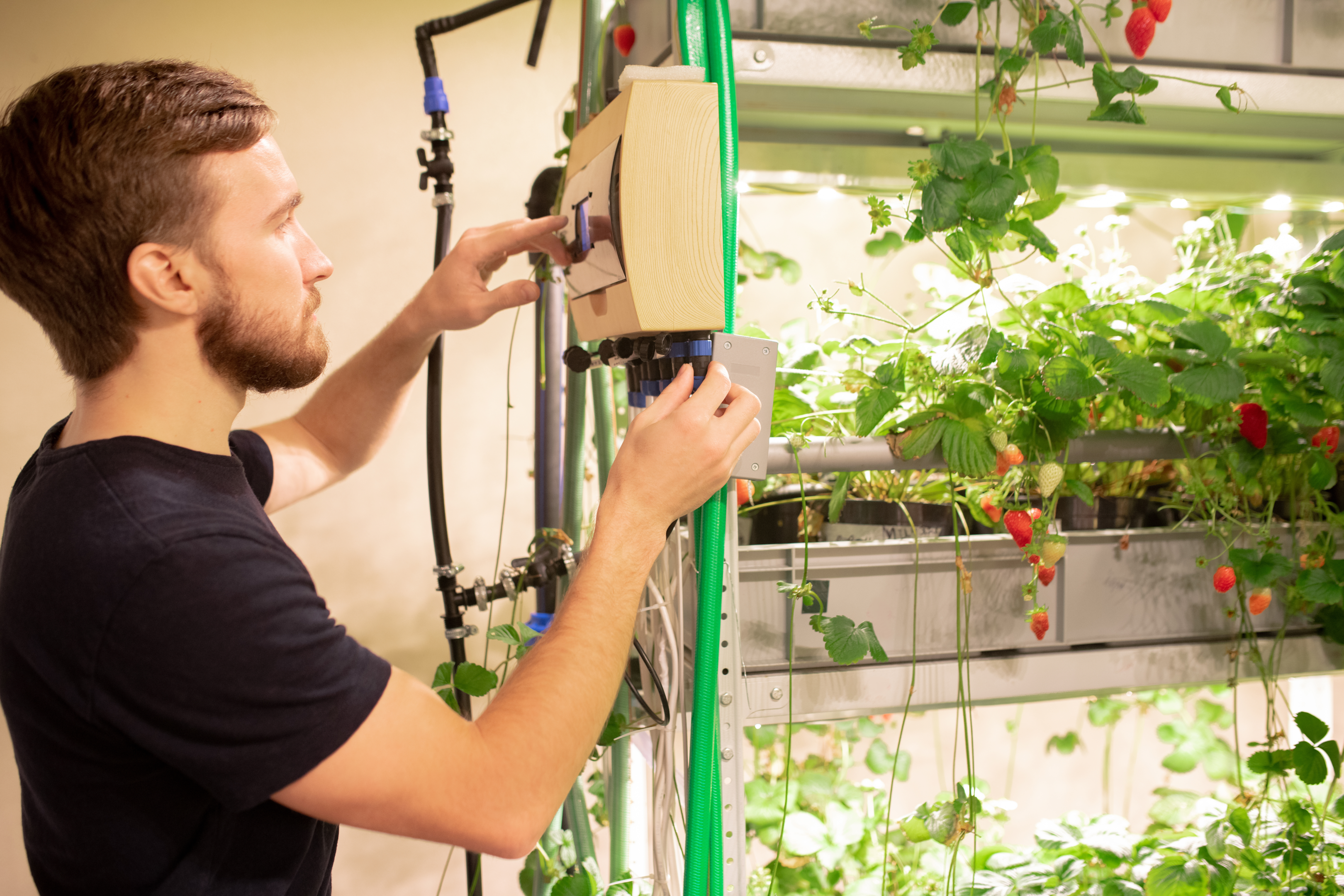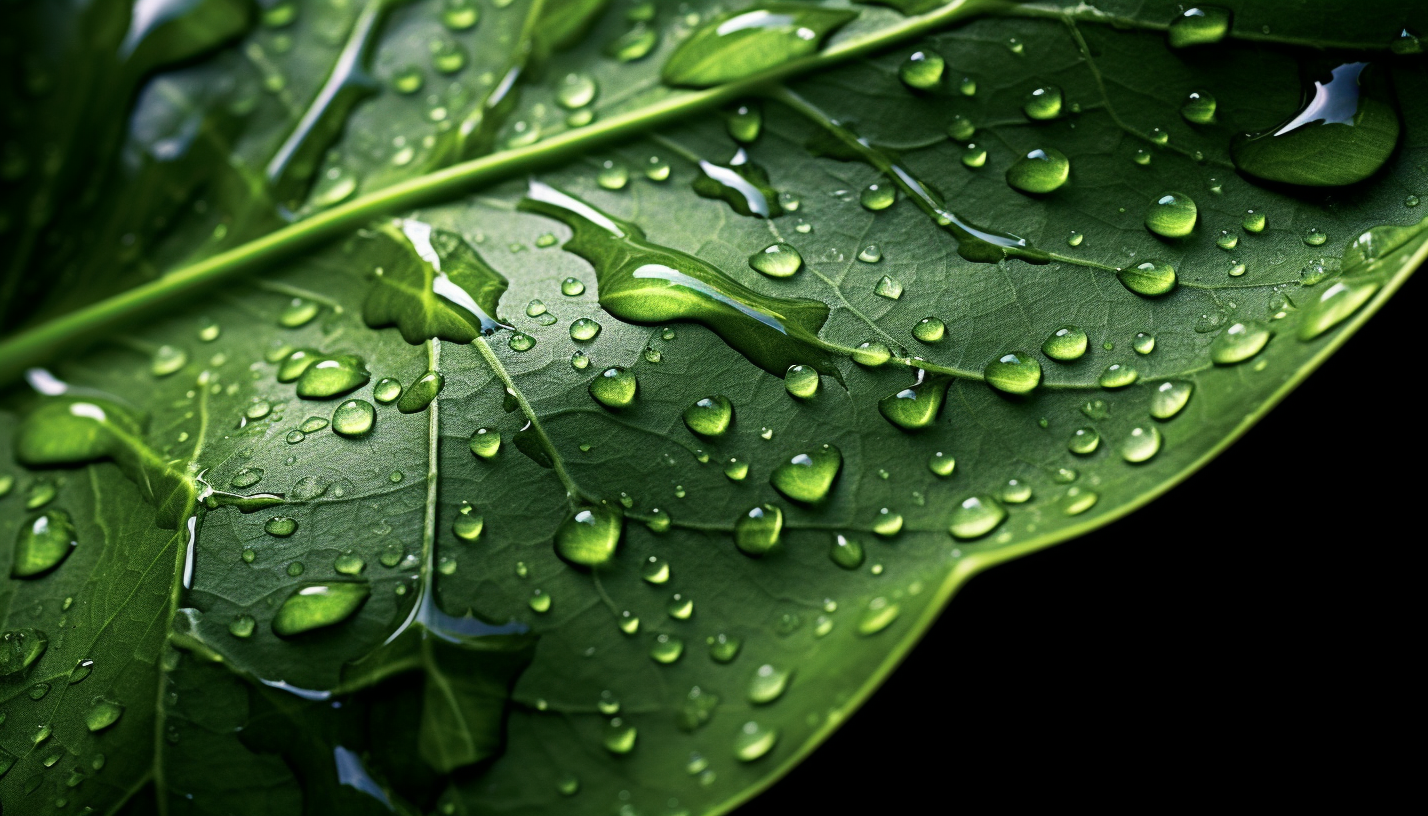Ever wondered, "How does humidity affect plant growth?" If so, you're not alone. Many gardeners and growers grapple with this question, especially when trying to optimize conditions for their plants. Humidity, or the amount of water vapor in the air, plays a crucial role. Let's delve into the details and get into the Cornell University Study on this topic by Simon van Mourik, Bert van't Ooster, and Michel Vellekoop.
Table of Contents
The Crucial Role of Humidity in Plant Growth
Relative humidity is a vital environmental factor influencing plant growth and yield. It plays a significant role in several plant processes, including transpiration, photosynthesis, and nutrient uptake.
Transpiration: What it is and How Plants Transpire

Transpiration is the process through which plants transpire, or lose water, primarily from the leaves. High humidity levels can slow down this process, as the surrounding air is already saturated with water vapor. This slowdown can affect the plant's ability to draw up nutrients from the soil, leading to potential deficiencies and reduced growth.
Photosynthesis and Relative Humidity
Humidity also impacts the rate of photosynthesis, the process by which plants convert light energy into chemical energy. In high humidity conditions, the stomata (small openings on the plant leaves) may close to prevent excess water loss. This closure can limit the plant's ability to take in carbon dioxide, an essential ingredient for photosynthesis, thereby affecting growth and yield.
Humidity and Plant Health
Both high and low humidity levels can impact plant health. High humidity creates a favorable environment for certain diseases and pests. Fungi and mold, such as powdery mildew, thrive in these conditions, causing significant damage to plants.
On the other hand, low humidity can lead to rapid water loss in plants, causing stress symptoms like wilting and browning. Additionally, pests like spider mites are more prevalent in low humidity conditions. Both extremes can affect plant health and productivity.
Harnessing Humidity: The Power of Precision Horticulture
Controlling humidity can be challenging due to the unpredictable nature of environmental conditions. However, a recent study titled "Plant Performance in Precision Horticulture: Optimal climate control under stochastic uncertainty" offers a promising solution.
Smart Control for Optimal Growth

In this groundbreaking research, scientists developed a dynamic controller using an algorithm. This smart controller can adjust to changes in environmental conditions, including temperature, light, and humidity. The goal is to optimize these conditions for maximum yield at harvest time, even during the winter months when managing humidity can be particularly challenging.
Comparing Dynamic and Static Control
The researchers tested their dynamic controller against a static controller, where environmental variables are set manually and remain constant. The dynamic controller outperformed the static one, resulting in a better yield and more precise control at harvest time.
A Closer Look at the Results
In the study, the smart program made more money and was better at making sure the lettuce was the right size at harvest time. The static controller (the basic method) didn't do as well, and the lettuce size varied more. The deterministic controller (the set plan method) also didn't do as well, and it was very sensitive to when the lettuce was planted.
These results show that it's important to be able to adjust to changes in the environment when growing plants. But, this was just one study with lettuce, so more research is needed to see if the same is true for other plants.
Word for word from the study:
"The performance was compared to that of a stochastic static controller, and a deterministic time-varying dynamic feedback controller for the case of heat limited weather conditions, and strict requirements on harvest weight precision.
Compared to the stochastic dynamic controller, the static controller resulted in lower maximal expected net revenue (-19 \%), less precision at harvest time (state uncertainty increased with 86 \%), and a larger sensitivity towards a change in starting day (varying the starting time from 0 to 10 days caused a variation of 15 \% in expected net revenue, compared to 11\% for the original controller).
The deterministic controller also resulted in lower maximal expected net revenue (-16 \%), and less precision at harvest time (state uncertainty increased with 40 \%).
The sensitivity of expected net revenue towards a change in starting day increased dramatically (60 \% compared to 11\% for the original controller)."
Broad Implications for Plant Cultivation
While the research was conducted on lettuce, the findings have broad implications for all types of plant cultivation. The study underscores the importance of humidity control in plant growth and offers a new tool for growers: a dynamic, smart controller that adjusts to environmental changes.
The study "Plant Performance in Precision Horticulture: Optimal climate control under stochastic uncertainty" is a significant contribution to our understanding of humidity's role in plant growth. It emphasizes the importance of precision control of environmental factors and offers a promising approach to managing the inherent uncertainties of plant cultivation.
For more detailed findings and specific data from the study, you can access the full paper on the ArXiv website.
Conclusion: Humidity's Impact on Plant Growth
In conclusion, humidity plays a crucial role in plant growth and yield. Understanding and controlling humidity and other environmental factors can significantly improve plant health and productivity. With the advent of precision horticulture and smart controllers, growers now have more tools to optimize these conditions and maximize their yield, even in low humidity or during the winter months.
Source:
"Plant Performance in Precision Horticulture: Optimal climate control under stochastic uncertainty." ArXiv, March 2023.









1 comment
gefrd
ur mom